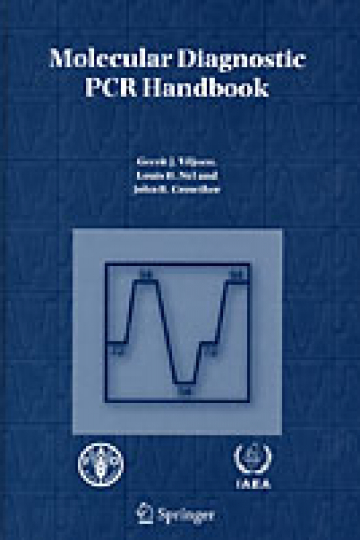This book gives a comprehensive account of the practical aspects of PCR and strong consideration is given to ensure its optimal use in a laboratory environment. This includes the setting-up of a PCR laboratory; Good Laboratory Practice and standardised PCR protocols to detect animal disease pathogens. Examples of Standard Operating Procedures as used in individual specialist laboratories and an outline of training materials necessary for PCR technology transfer are presented. The difficulties, advantages and disadvantages in PCR applications are explained and placed in context with other test systems.
Emphasis is placed on the use of PCR for detection of pathogens, with a particular focus on diagnosticians and scientists from the developing world. It is hoped that this book will enable readers from various disciplines and levels of expertise to better judge the merits of PCR and to increase their skills and knowledge in order to assist in a more logical, efficient and assured use of this technology.
Libraries of research institutions, including universities, in developing countries can request a copy from publisher Springer.


